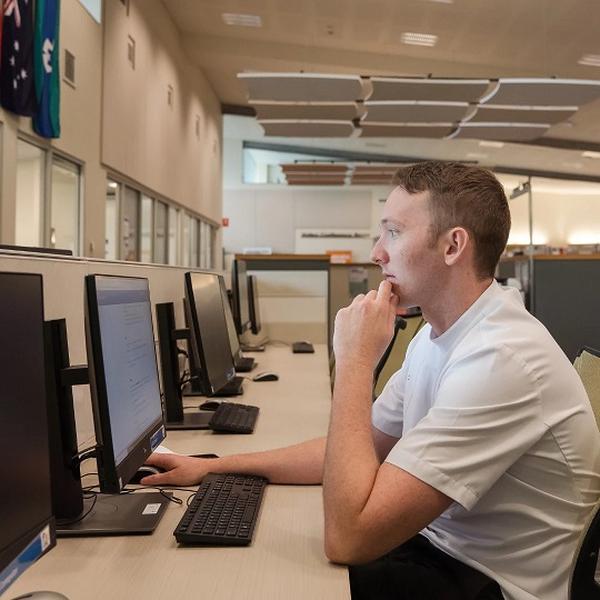Research can make or break your assignment so it's worth knowing a few insider tips. Start researching like a pro with these top tips from our USC Librarians!
1. Use the assignment calculator to plan your time
The assignment calculator breaks down the process of a written assessment into seven steps with suggested completion dates. Explore the links in each step to learn more and effectively plan your time, so you don't end up cramming it all in on the day your assignment is due.
2. Google it
Google is the perfect tool to kick off your research. If you’re not familiar with a topic, a quick Google search can help you get a general idea before you start searching for academic sources. You may not cite the sources you find in Google, but they might help you better understand the topic.
3. Do the research before you write your assignment
This is key! It is so much easier to write your assignment once you know about your topic and the angle you want to take. Learn how to analyse your topic, identify keywords and search smarter. You can do this by building an effective search strategy in the Search Effectively Library Guide.
4. Start with academic books
Academic books give you a really good understanding of your topic, the main themes and the terminology of that discipline, which will help with finding keywords for your searching.
5. Read the abstract first
When you find a journal article that looks relevant, read the abstract before downloading the PDF. If you feel the article isn’t relevant after reading the abstract, forget it and move onto the next article in your list of results. Your time is valuable, don't waste it on irrelevant articles that won't add to your assignment.
6. Ask for help early
We're here to provide as much advice as we can. So, if you do have questions or need some extra researching tips, make sure you contact the library, make an appointment with a learning advisor or talk to your tutor. The earlier you contact us, the sooner we can help you. Don’t leave it until the last minute!

